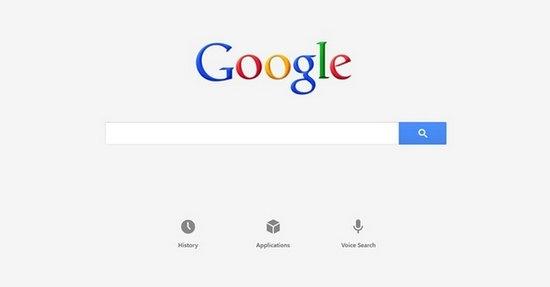We perform a socio-computational interrogation of the google search by image algorithm, a main component of the google search engine. We audit the algorithm by presenting it with more than 40 thousands faces of all ages and more than four races and collecting and analyzing the assigned labels with the appropriate statistical tools. We find that the algorithm reproduces white male patriarchal structures, often simplifying, stereotyping and discriminating females and non-white individuals, while providing more diverse and positive descriptions of white men. By drawing from Bourdieu's theory of cultural reproduction, we link these results to the attitudes of the algorithm's designers, owners, and the dataset the algorithm was trained on. We further underpin the problematic nature of the algorithm by using the ethnographic practice of studying-up: We show how the algorithm places individuals at the top of the tech industry within the socio-cultural reality that they shaped, many times creating biased representations of them. We claim that the use of social-theoretic frameworks such as the above are able to contribute to improved algorithmic accountability, algorithmic impact assessment and provide additional and more critical depth in algorithmic bias and auditing studies. Based on the analysis, we discuss the scientific and design implications and provide suggestions for alternative ways to design just socioalgorithmic systems.
翻译:我们用图像算法(Google搜索引擎的主要组成部分之一)对谷歌搜索进行社会 -- -- 算法(golgle search)进行社会 -- -- 算法(Google search)的主要组成部分之一 -- -- 社会 -- -- 盘问。我们通过展示所有年龄和四种以上的人的4万多面孔来审计算法,并用适当的统计工具收集和分析分配的标签。我们发现,算法复制了白人男性父权结构,往往简化、定型和歧视女性和非白人,同时对白人进行更加多样和积极的描述。我们从Bourdieu的文化复制理论中将这些结果与算法设计师、所有者以及经过培训的数据集的态度联系起来。我们通过使用研究的族裔学实践来进一步巩固算法的棘手性质:我们发现算法将个人置于技术产业的顶端,常常造成对白人和非白人的偏颇表现。我们声称,使用上述社会理论框架能够有助于改进算法问责制、算法影响评估,并为算法偏差偏差和审计研究提供更多和更精确的深度。我们讨论了算法偏向社会设计方法。




